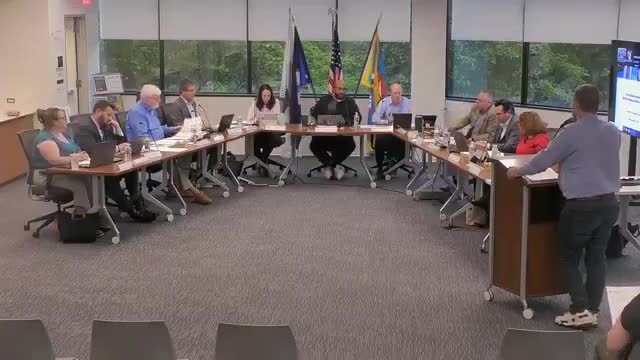Article not found
This article is no longer available. But don't worry—we've gathered other articles that discuss the same topic.
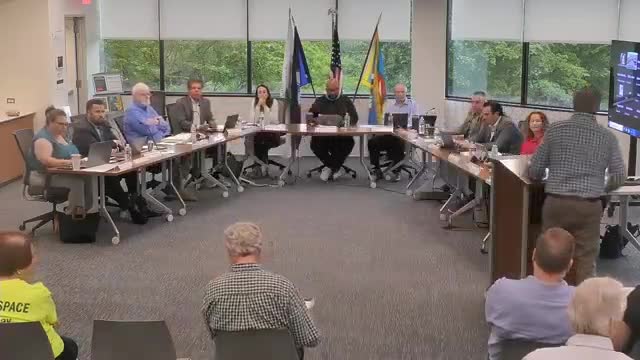
Reston Association members press board to oppose redevelopment of Reston National; board splits on next steps
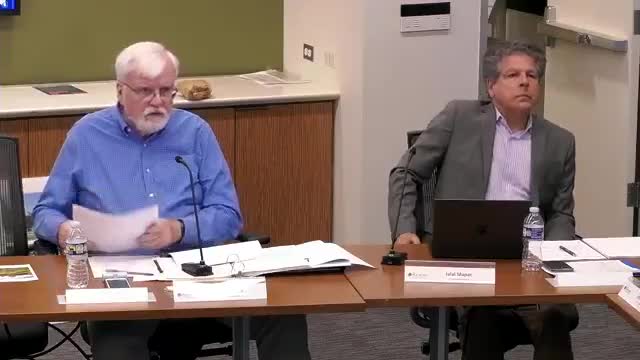
Votes at a glance: Reston Association Board actions May meeting
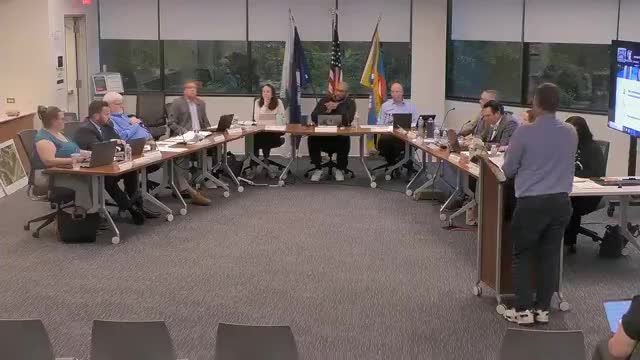
Reston Association staff, county staff meet on Barton Hill stormwater plan; county work likely 2'2+ years away
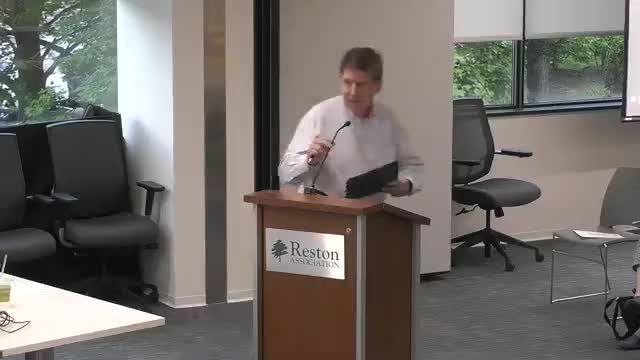
Supervisor: Fairfax County, Inova resubmitted Reston Town Center North rezoning; engineering and block layout complete
